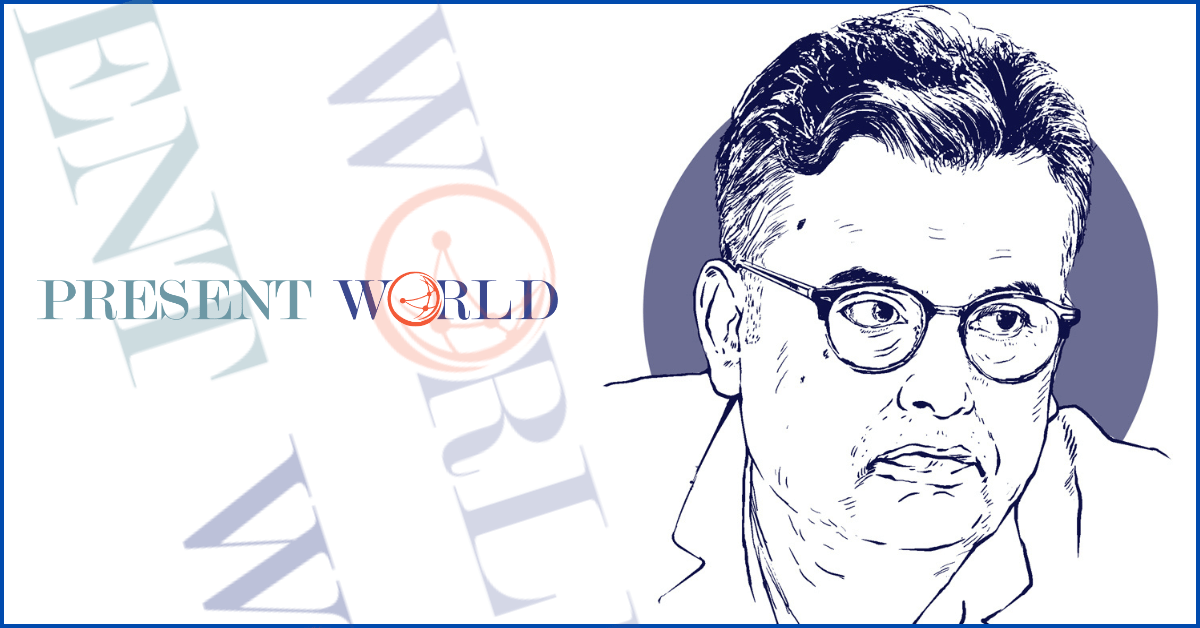Myanmar’s future is heading in another direction. Although a divided Myanmar may take time, there are several clear indications that the central government will rapidly become weaker.
It is not that Bangladesh will ignore this change in Myanmar, but what is crucial for Bangladesh is to ensure the repatriation of Rohingya refugees back to Arakan land from Bangladesh with some degree of security by any means necessary.
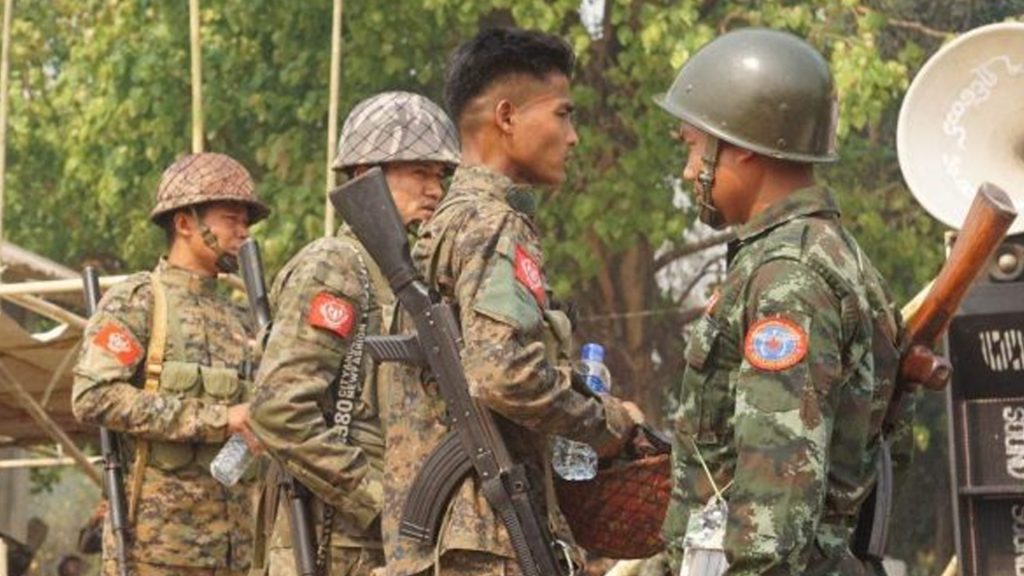
The Arakan Army is winning almost every battle against Myanmar’s military government. Most of Arakan’s territory is now under the control of the Arakan Army. The Arakan Army is consistently winning battles in this war, matching the heavy weapons of Myanmar’s military government. One or more powers must support them because without backing for their weapons, training, finances, etc., it would not be possible for the Arakan Army to wage such a significant war.
This support is certainly not provided by any illegal or terrorist group. The Arakan Army is not a terrorist group. They are fighting for the rights of a particular ethnic group.
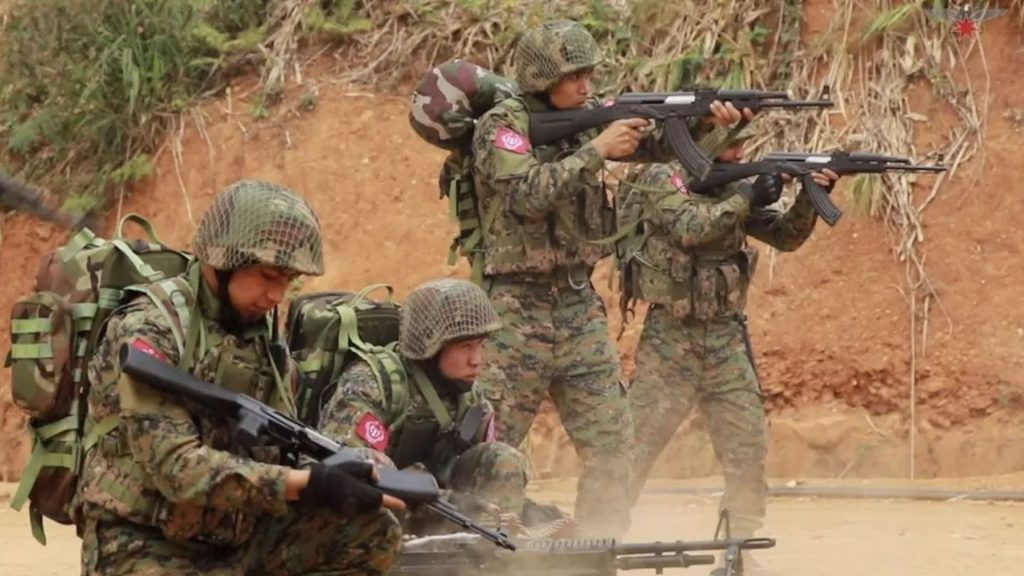
This could indeed be termed separatism because it is natural for thousands of people from different ethnic groups and religions to live within a country. When a country is not 100% livable for people of a particular ethnic group or religion, that state is not truly successful. It is a failed state, even if slightly. However, this discussion is not for this article because many countries worldwide need to be more successful states. Moreover, the problem with Myanmar’s ethnic groups is longstanding. Delving into that history would shift the focus of this article.
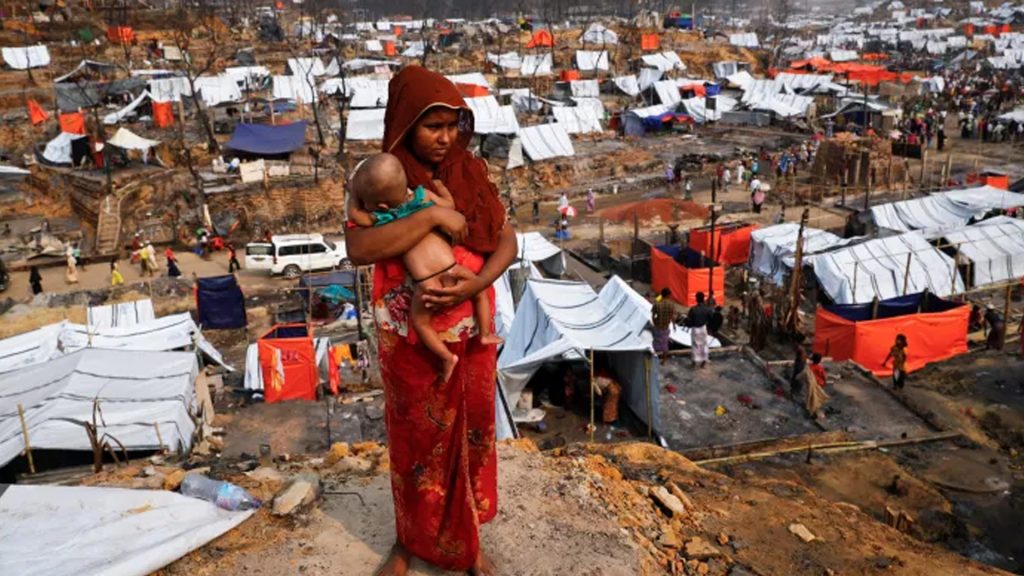
Currently, what is important for Bangladesh is the Arakan Army’s ongoing conflict against the forces of Myanmar’s military government and the issue of repatriation of Rohingya refugees from Bangladesh.
Someone is assisting the Arakan Army. They could not have sustained such a large-scale conflict for so long without such aid. And it is commonly understood which countries or specific countries are providing this support in some form. The general public may need precise information on how these countries are assisting, but it is implausible that the government needs to be made aware. Having this information is within the government’s responsibilities.
As part of its strategy, the government is likely to maintain communication with those powers, with the government of Myanmar, and crucially with the Arakan Army. They are determining their next course of action. The government likely has multiple contingency plans—Plan A, Plan B, Plan C, and others. Perhaps the idea I am about to present here may fall under Plan D or even further back, but the issue still warrants consideration.
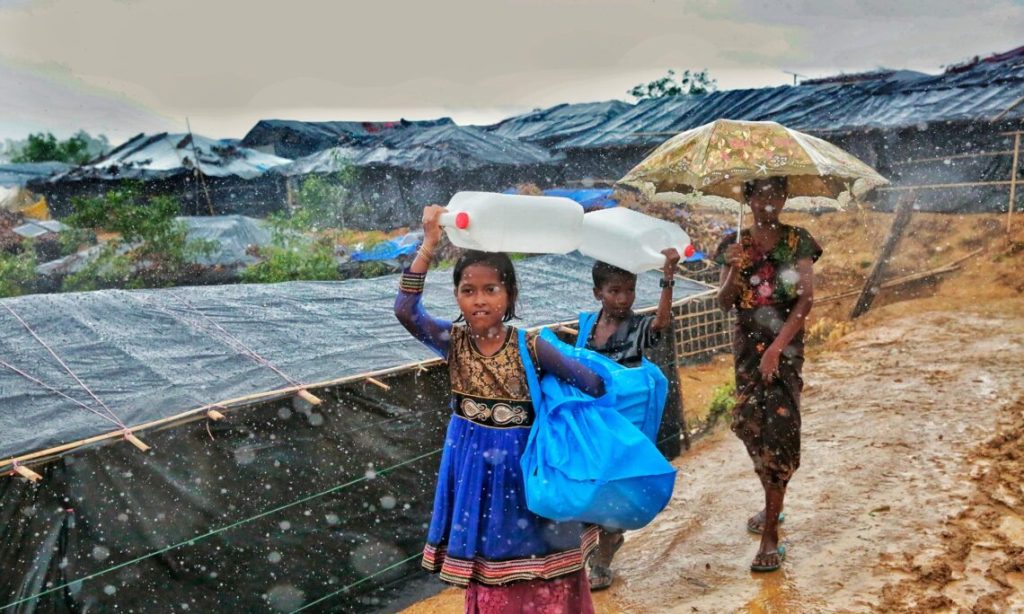
Suppose the central government of Myanmar weakens and the Arakan Army, Karen Army, Shan Army, and various other ethnic groups establish control in different areas. In that case, the major global and Asian powers will have to reconsider their stance on Myanmar. A new strategy will emerge. What is critical for the Bangladesh government is to diplomatically advance so that, in that new arrangement, there is a somewhat safe dwelling place for the Rohingya.
A similar pattern is already emerging around another conflict in the world. This appears quite planned, as attacks on Palestine have predominantly come from Israel in the past. However, this time, the Hamas government of Palestine initiated an attack on Israel first. There is no need to delve into who created Hamas as a counter to Palestinian leader Yasser Arafat—one of the world’s greatest leaders—and for what reasons. Currently, Iran is also involved in the conflict with Israel.
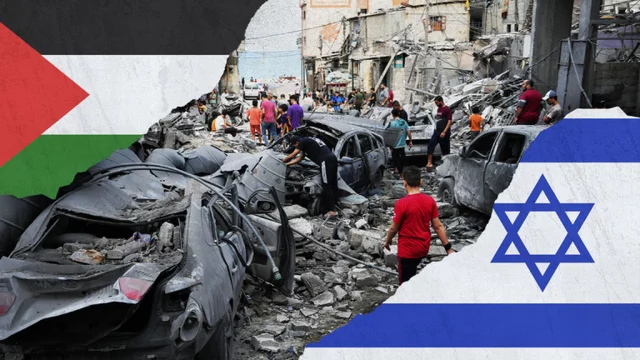
Nevertheless, the Western world, along with several Middle Eastern countries, is moving towards ending this war or finding a resolution. The future of the Gaza region could change dramatically, possibly becoming a separate entity from both Palestine and Israel through the United Nations or another method. The Western world might now consider creating a safe zone for the region’s Palestinians.
In a similar vein, Bangladesh could consider a safe area for the Rohingya, akin to the proposed safe zone for Gaza’s future Palestinians.
Regardless of the conflicts between Israel and Palestine, various powers are influencing not only the Arakan Army in Myanmar but also the nation’s future development. These powers need to understand that the future Myanmar plan should include a safe area for the Rohingyas in Arakan, much like the future safe Gaza. Although the Arakan Army has currently incorporated some Rohingya Muslims as a tactical move in their conflict with the military government, ultimately, the Buddhist majority in the Arakan Army is unlikely to support the Rohingya Muslims. The Rohingya have faced persecution by the Arakanese Buddhists almost as much as by the military, and overcoming these religious differences is a formidable challenge in today’s world.
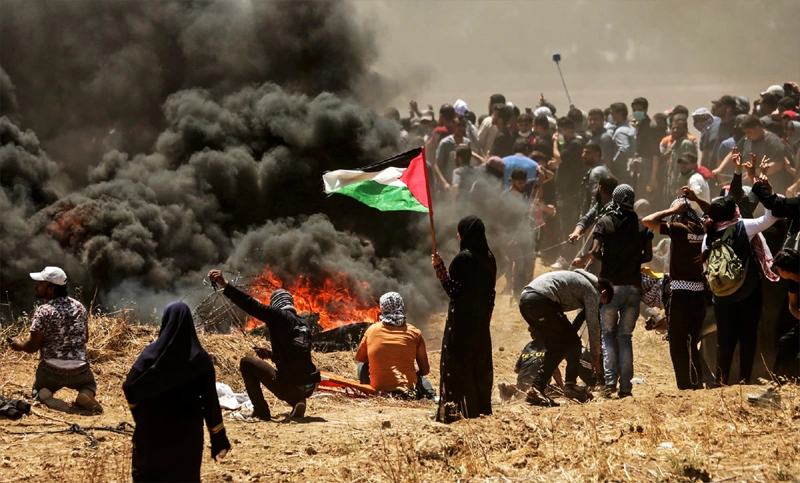
Thus, the best solution for the Rohingya is a safe place in Arakan. This must be recognized and ensured by both the major players in Myanmar’s political arena and the United Nations.
Since Bangladesh bears responsibility, it must exert considerable effort. Neither Western nor Asian stakeholders in Myanmar’s politics will readily accept this. Had they been willing, they would have recognized the Rohingya as refugees from Myanmar from the start, without religious distinctions. In 1971, of the ten million refugees who fled to India from East Pakistan, over ninety percent were Hindus. Yet, India did not categorize them based on religion; they were identified simply as Pakistani refugees. Indeed, figures like DP Dhar and PN Haksar misrepresented facts in various interviews, stating that the refugees were evenly split between Hindus and Muslims.
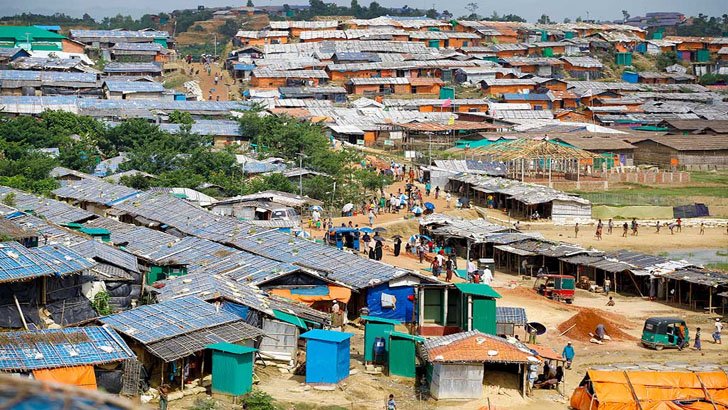
However, one of the primary reasons for identifying the Rohingya based on religion is that Bangladesh is a Muslim-majority country, and the Rohingya are Muslims. Thus, there has been a persistent notion that they should remain in Bangladesh. To overcome this in the future Myanmar scenario, Bangladesh must skillfully navigate these diplomatic challenges to secure a safe area for the Rohingyas in Arakan. If that can be assured it will be a success for the country as well as for more than a million people who, even if they don’t get back 100%, will at least get back 80% to their homeland.
Author: Nationally awarded journalist, Editor of Sarakhon and The Present World.

